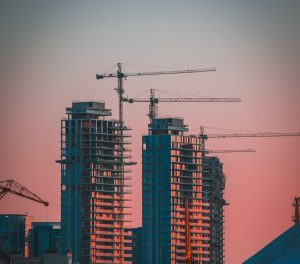Construction Defect Pre-Suit Notices: Here’s What You Should Know

When hiring a construction company to complete work, most people have expectations regarding the quality of work they’d like to receive. However, when the completed work is below expectations, and if a deal cannot be worked out with the company, a construction defect lawsuit may come into play.
Chapter 558, Florida Statutes contains important requirements that owners must follow prior to initiating a construction defect lawsuit. Among these requirements is the mandatory pre-suit notice, otherwise known as a “Notice of Claim.” Specifically, Fla. Stat. § 558.004 sets forth that “[i]n actions brought alleging a construction defect, the claimant shall, at least 60 days before filing any actions, or at least 120 days before filing an action involving an association representing more than 20 parcels, serve written notice of claim on the contractor, subcontractor, supplier, or design professional, as applicable[.]” The Notice of Claim must also identify in “reasonable detail” the nature of each alleged construction and/or design defect and, if known, the damage or loss resulting from the defect. The contractor, subcontractor, supplier and/or design professional is entitled to an opportunity to cure said defect, which is intended to allow the parties to resolve the alleged defects without having to resort to litigation.
As a matter of best practice, if construction and/or design defects become known after initiating the lawsuit, then the claimant should provide the contractor, subcontractor, supplier, and/or design professional with a Supplemental Notice of Claim claiming additional defects. This enables the claimant to preserve the claims and avoid a spoliation of evidence defense. If repairs are made without providing the adverse party with notice, then not only may the adverse party have a viable spoliation defense, but also it may be more difficult to prove that the party’s work is faulty.
Construction defect lawsuits can be complicated, and they require skill and expertise. We highly recommend contacting an experienced construction law attorney to ensure you have a solid case.
